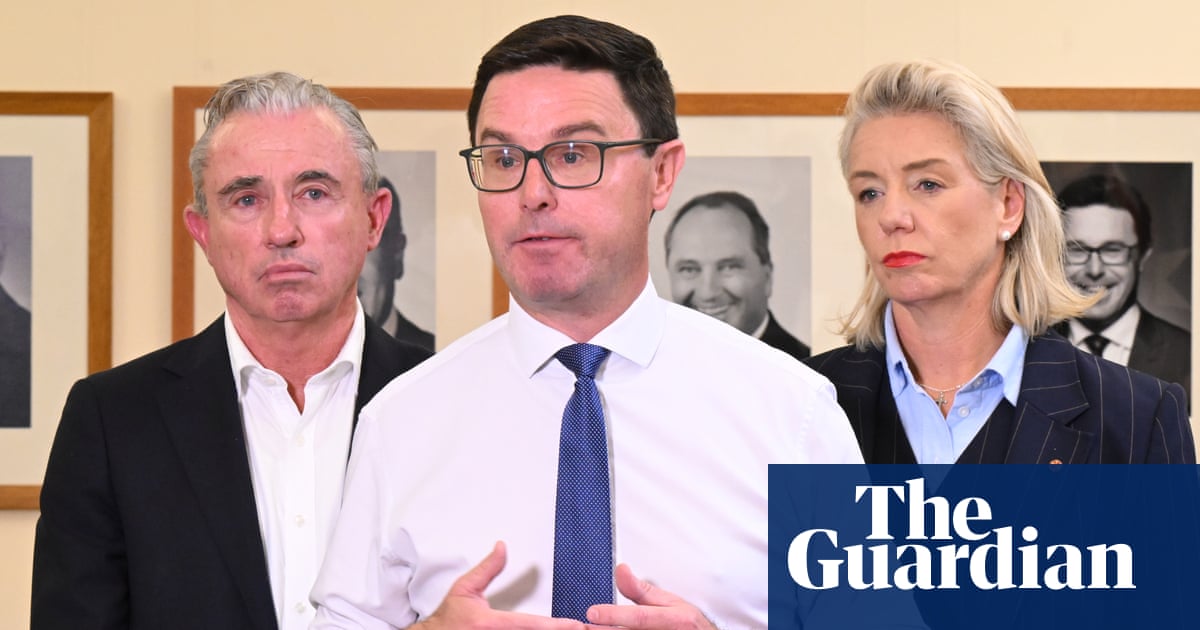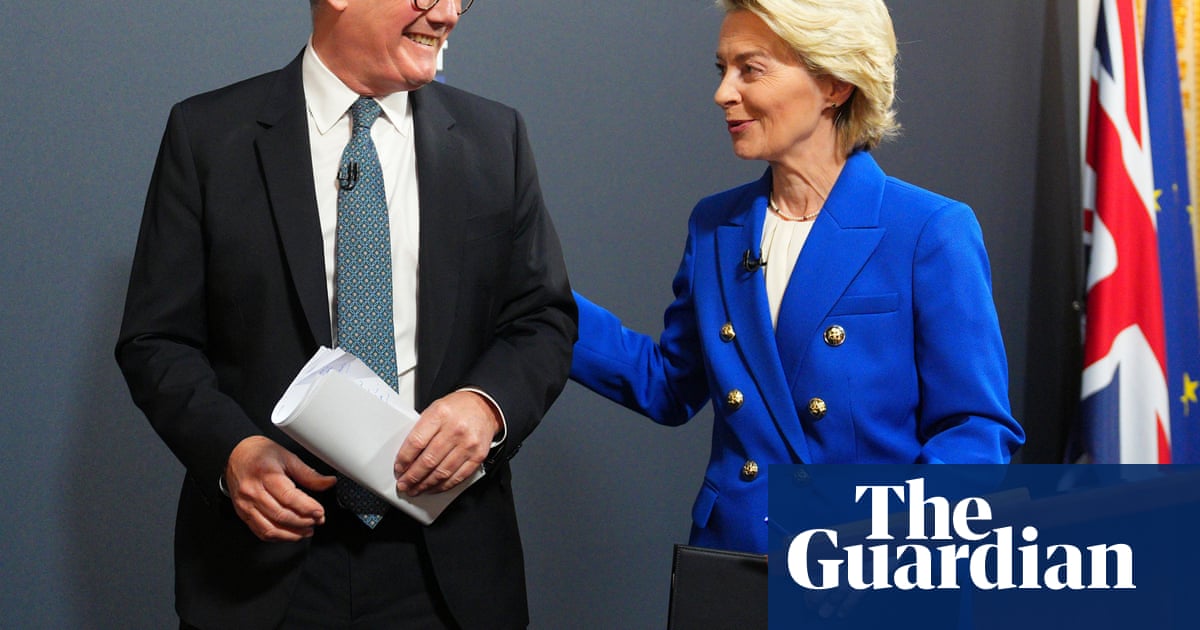Prosecutions of the enablers of tax evasion have plummeted by at least 75% in the past five years, with fewer than five criminal cases in 2023-2024.
The targeting of enablers – anyone who knowingly helps a client evade tax – is a central part of HM Revenue and Customs’s (HMRC) strategy to claw back cash owed to the Treasury.
Labour hopes to boost the public coffers by billions of pounds with its crackdown on tax avoidance and evasion.
But figures obtained by the Bureau of Investigative Journalism reveal that fewer than five such prosecutions were brought in 2023-2024, down from 16 in 2018-2019.
The Treasury had previously said that the figure for 2018-2019 was 29 in response to a parliamentary question raised in March 2023, but tax officials now admit that this figure was incorrect.
In its response to a freedom of information request, the tax authorities declined to provide the exact figures for alleged enablers of tax evasion who were prosecuted and convicted in 2023-2024 because of the “risk of identifying the individual involved”.

“This makes a mockery of [freedom of information] laws,” said Labour peer Prem Sikka. “Parliament can’t properly question HMRC because it hides behind a veil of confidentiality [while] ministers just shrug their shoulders and carry on.”
Lord Sikka, who submitted the parliamentary question on figures for convictions in previous years, said that the discrepancy in the figures in 2018-2019 amounted to “contempt of parliament” and that HMRC had made no efforts to clarify the issue. “There is no defence for this,” he said. “HMRC data is not reliable and has never been.”
Claire Aston, director of the investigative thinktank TaxWatch, said the “precipitous decline” in prosecutions shows HMRC “aren’t actively tackling those making money from this crime”. She added that the decision to withhold the exact figures on prosecutions and convictions for 2023-2024 was a “wild misrepresentation of confidentiality”.
HMRC has said the term “enablers” covers a range of professionals, including tax planners and wealth advisers.
The figure of 16 enablers prosecuted in 2018-2019 was the high-water mark of HMRC’s criminal enforcement action, which then declined sharply and has remained low. The downturn is part of a larger recent decline across HMRC’s enforcement teams, which have struggled with the joint shocks of Brexit and the Covid pandemic.
Last year the Observer revealed that prosecutions after HMRC investigations had fallen by more than two-thirds in five years and that not a single company had been prosecuted for enabling tax evasion since landmark powers were introduced in 2017.
The current Labour government has put pressure on HMRC to crack down on tax dodging to help support its substantial spending commitments.
The tax gap – a term used for the difference between the tax revenues HMRC receives and what it calculates it should receive – stood at almost £40bn in 2022-2023, the most recent year for which figures are available.
Last autumn Labour’s first budget for 14 years contained measures to raise £6.5bn by a crackdown on tax avoidance and evasion. New plans announced in last week’s spring statement are intended to increase this by £1bn.

“The thriving industry of people enabling tax evasion… will continue until there are visible prosecutions,” said Dan Neidle, a former head of tax at law firm Clifford Chance and founder of the independent thinktank Tax Policy Associates.
“A handful of prosecutions won’t change anything,” he added. “Prosecutions are expensive undertakings, but public confidence in the tax system requires them.”
A spokesperson for HMRC said: “The numbers provided to parliament in 2023 on the prosecution of tax fraud enablers were not accurate and we apologise for that. We issued these figures in good faith and understood them to be correct at the time but have since identified errors, corrected them and lessons have been learned.
“Tackling enablers of tax fraud remains a top priority for us and we currently have more than 150 enablers under criminal investigation. We’re determined they face the consequences as much as those carrying out tax fraud.”
Officials said responses to freedom of information requests were subject to appeal.

.png) 1 month ago
33
1 month ago
33

















































